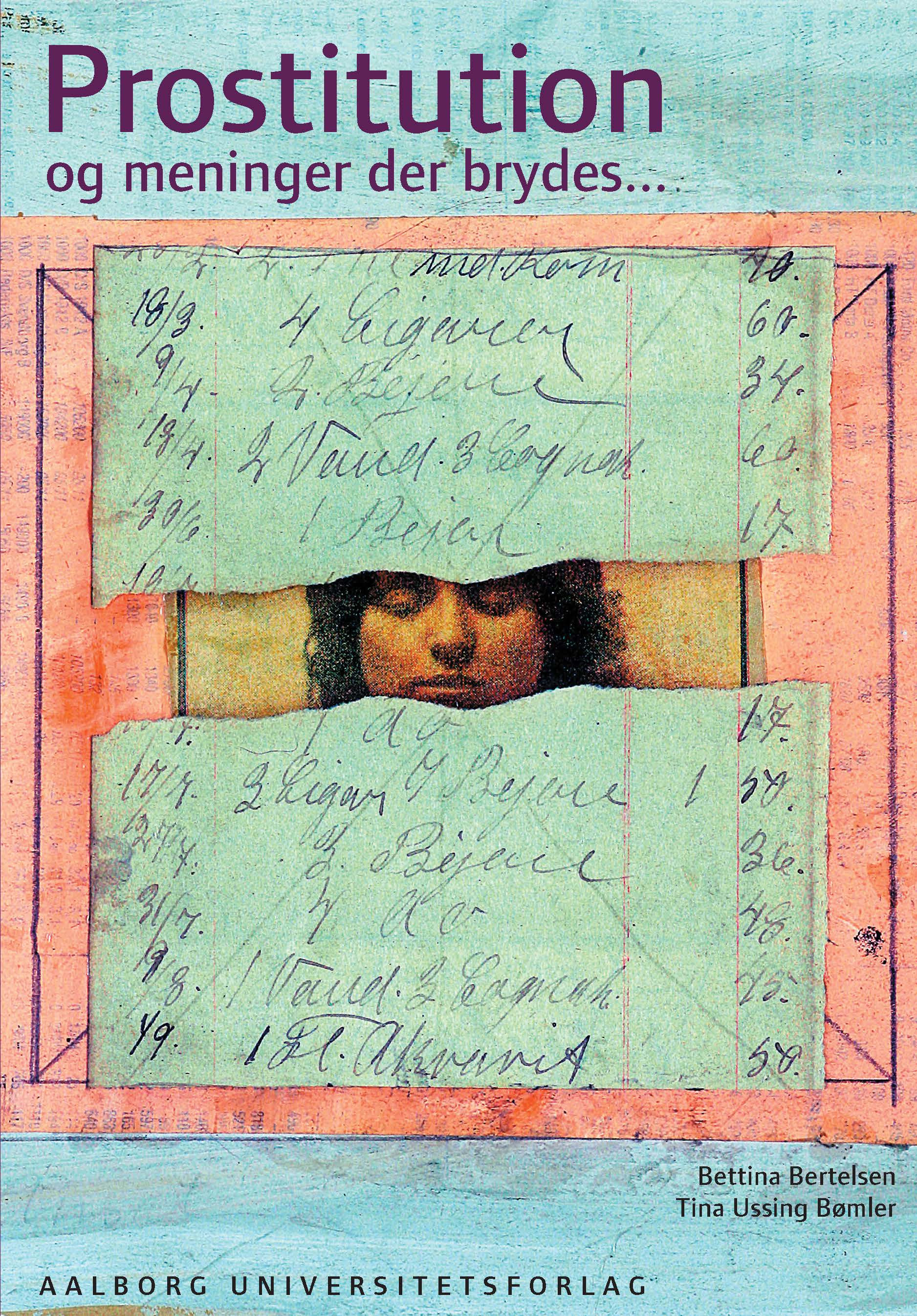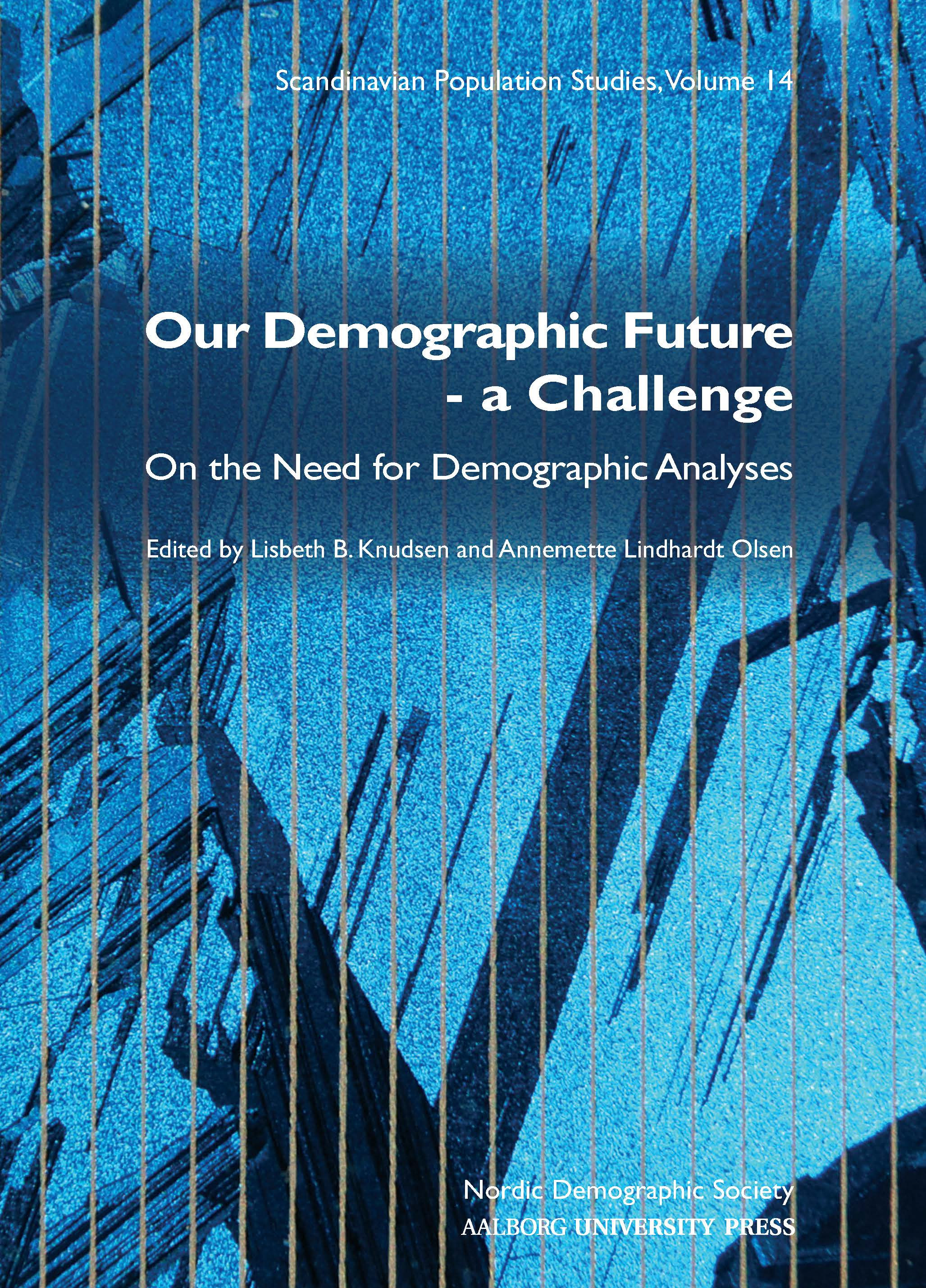Bauman Beyond Postmodernity
Af forfatter michael hviid jacobsen , sophia marshman , keith tester
The acclaimed Bauman Before Postmodernity started a project to provide a com- plete critical bibliography of the work of Zygmunt Bauman, one the worlds leading social and cultural critics. It took the story from 1953 to 1989. This book brings the story closer to today. Like the first book, Bauman Beyond Postmodernity contains original conversations with Bauman and a detailed guide to his academic publi- cations. The book begins in 1988/1989 and continues to the end of 2005, when Bauman celebrated his eightieth birthday.
During this period, Bauman attempted to identify a key metaphor that would grasp the present, and enter into a dialogue with fellow citizens. He started with post- modernity but went beyond it with his discussion of liquid modernity. The world is increasingly mosaic-like, and as both reflection and response the sweep and range of Baumans publication has increased. Yet, all the time Bauman never forgets that he is talking about a world in which men and women live; a world that can help or hinder the fundamental human task of becoming human.
In this book, Bauman talks in detail about the style and stakes of his work. It is the most thorough catalogue of Baumans work from 1989 to 2005, and it includes detailed discussions of his academic essays from this period. Bauman Beyond Postmodernity also contains some brief and engaging critical appreciations of Baumans work from a range of international scholars, all of whom have been excited, stimulated and provoked by it.
Bauman Beyond Postmodernity is essential reading for anyone who has encount- ered the work of Zygmunt Bauman. The authors of the book Michael Hviid Jacob- sen, Sophia Marshman and Keith Tester have all for several years written exten- sively on the inspirational work of Zygmunt Bauman.
I samme udgivelsesrække:
Bauman Before Postmodernity (2005)
-
The acclaimed Bauman Before Postmodernity started a project to provide a com- plete critical bibliography of the work of Zygmunt Bauman, one the worlds leading social and cultural critics. It took the story from 1953 to 1989. This book brings the story closer to today. Like the first book, Bauman Beyond Postmodernity contains original conversations with Bauman and a detailed guide to his academic publi- cations. The book begins in 1988/1989 and continues to the end of 2005, when Bauman celebrated his eightieth birthday.
During this period, Bauman attempted to identify a key metaphor that would grasp the present, and enter into a dialogue with fellow citizens. He started with post- modernity but went beyond it with his discussion of liquid modernity. The world is increasingly mosaic-like, and as both reflection and response the sweep and range of Baumans publication has increased. Yet, all the time Bauman never forgets that he is talking about a world in which men and women live; a world that can help or hinder the fundamental human task of becoming human.
In this book, Bauman talks in detail about the style and stakes of his work. It is the most thorough catalogue of Baumans work from 1989 to 2005, and it includes detailed discussions of his academic essays from this period. Bauman Beyond Postmodernity also contains some brief and engaging critical appreciations of Baumans work from a range of international scholars, all of whom have been excited, stimulated and provoked by it.
Bauman Beyond Postmodernity is essential reading for anyone who has encount- ered the work of Zygmunt Bauman. The authors of the book Michael Hviid Jacob- sen, Sophia Marshman and Keith Tester have all for several years written exten- sively on the inspirational work of Zygmunt Bauman.I samme udgivelsesrække:
Bauman Before Postmodernity (2005) -
Antal sider
384
isbn
978-87-7307-783-2
Udgave
1. edition
Udgivelsesår
2007
-
"Consistent with the first book, the annotations are uniformly clear and succinct, not without a welcome sense of humour. Given that Tester and Jacobsen are well known for their extensive and influential work on Bauman, they provide the reader with an accurate but nuanced guide to Baumann's key ideas, methods and paradigmatic shifts.
(...) provides a nice compliment to Bauman Before Postmodernity."- Michael E. Gardiner, Acta Sociologica, 2008; 51; 77
-
Filnavn Download
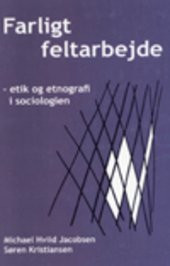
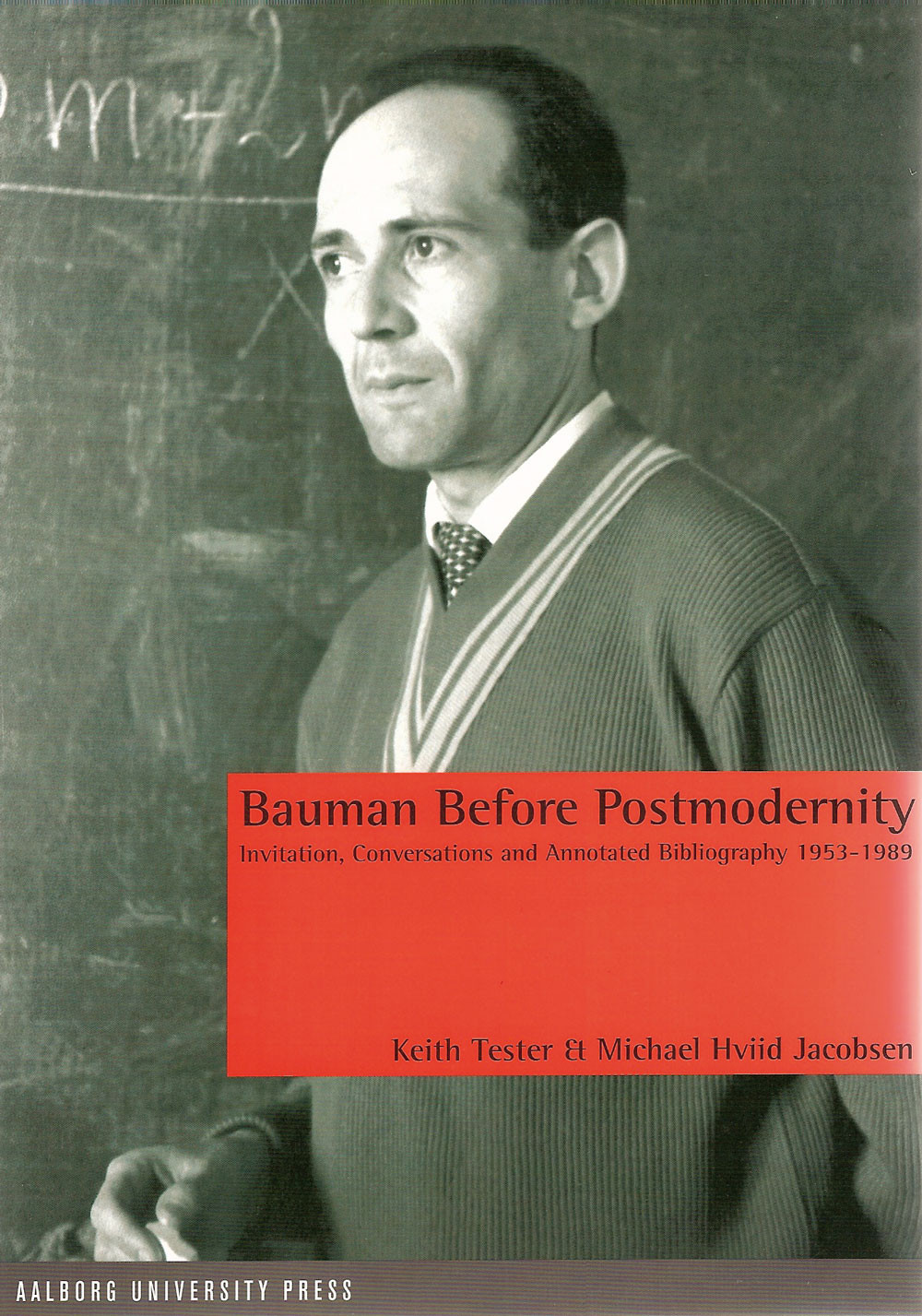
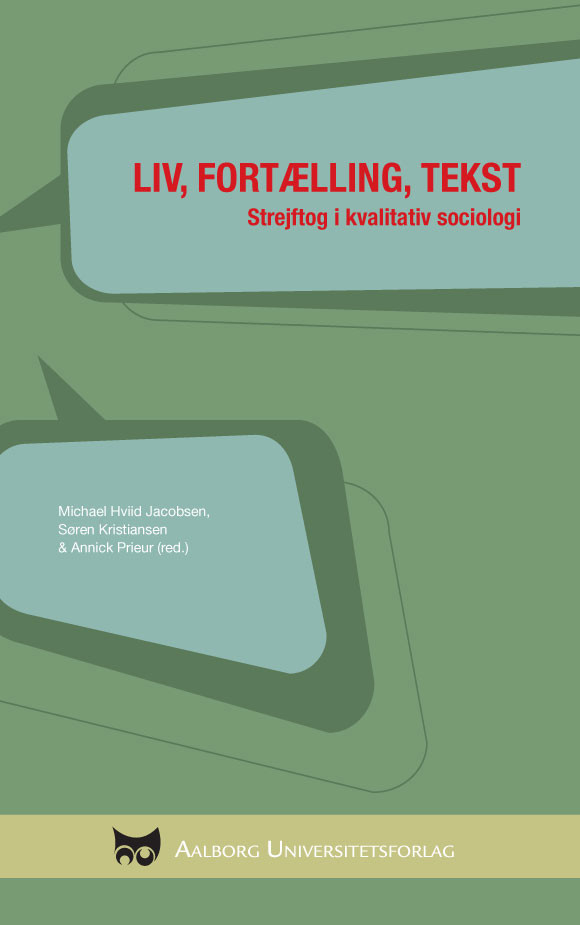


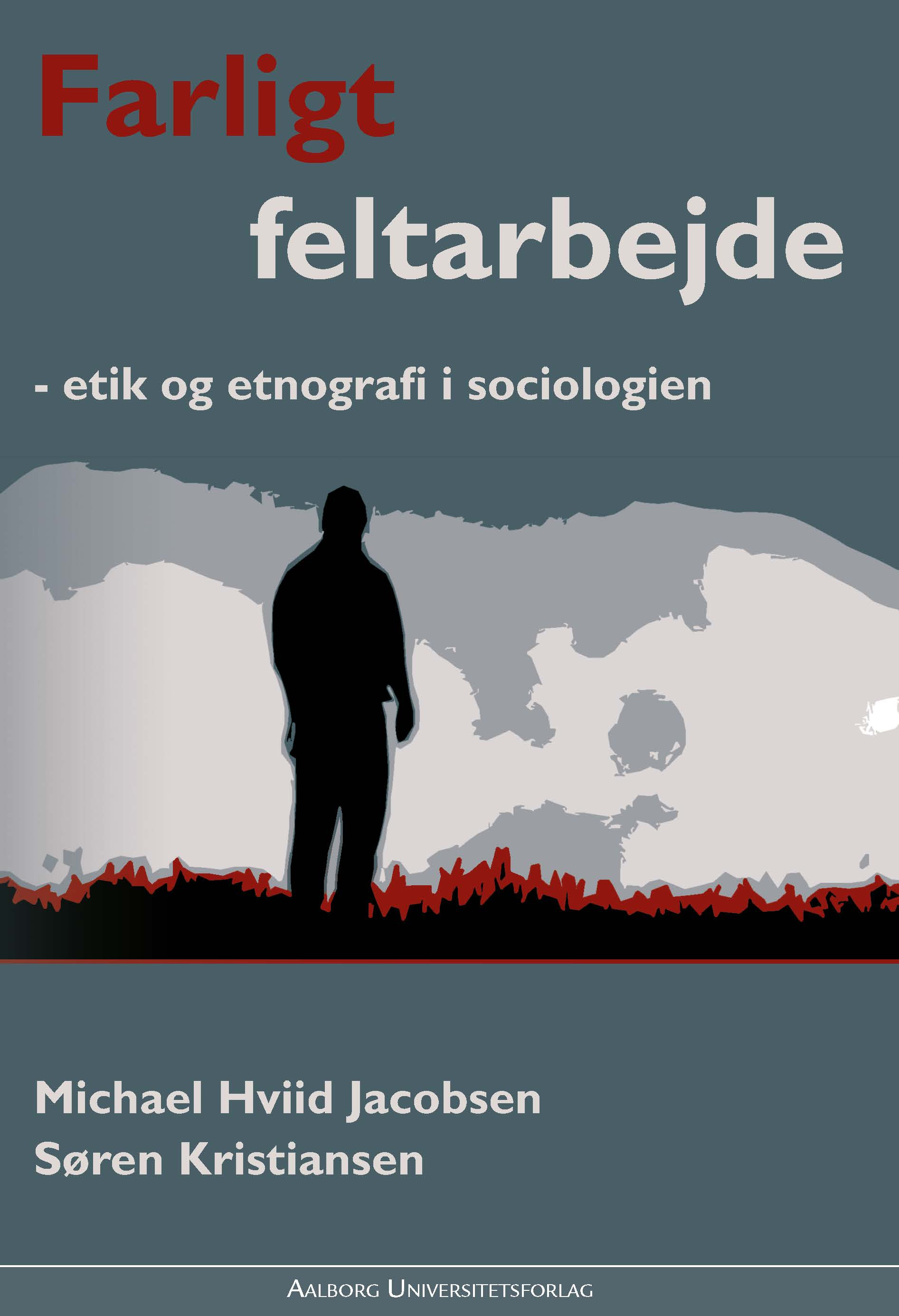
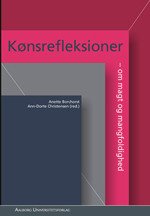


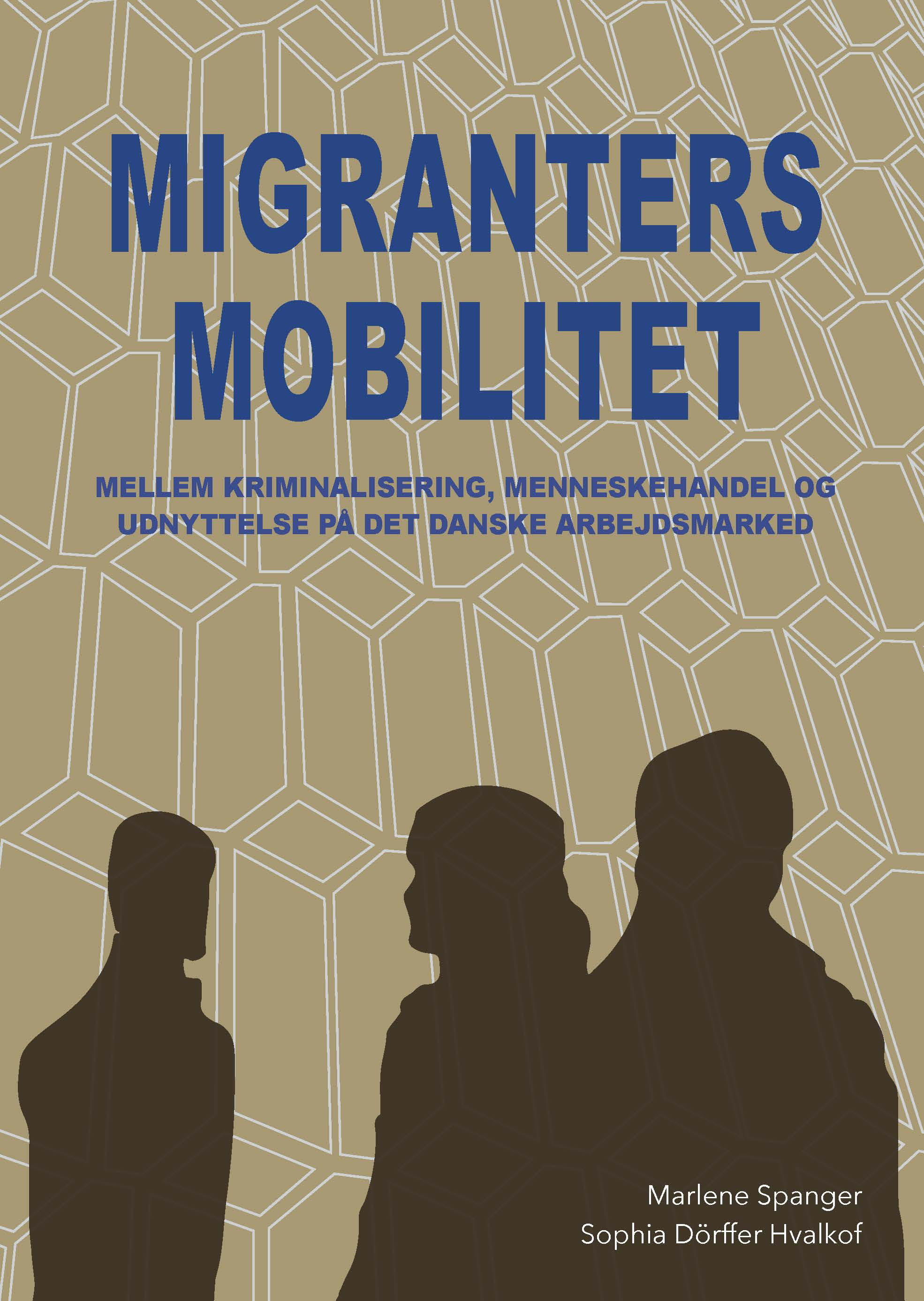

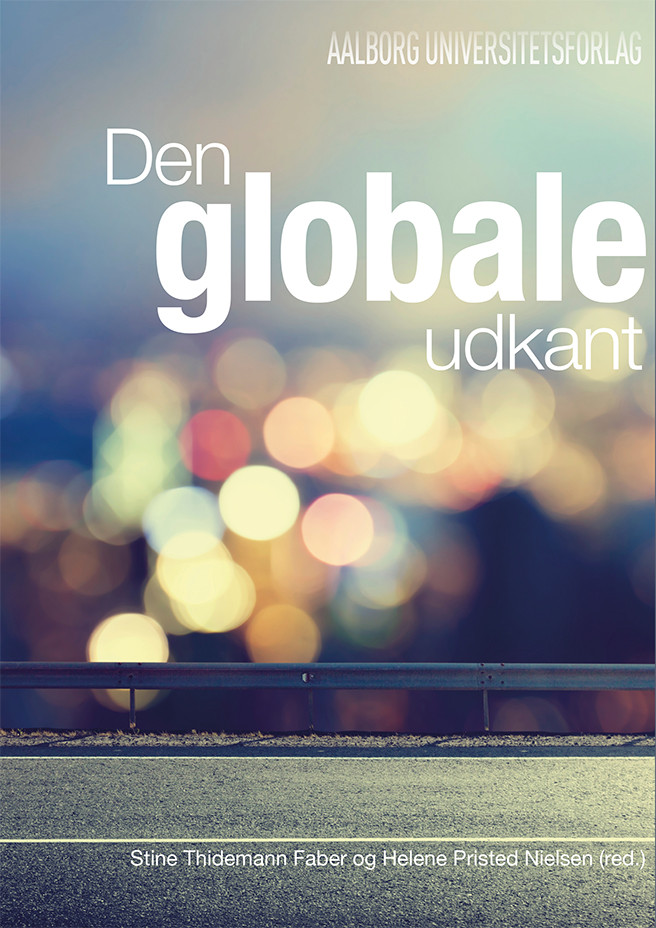
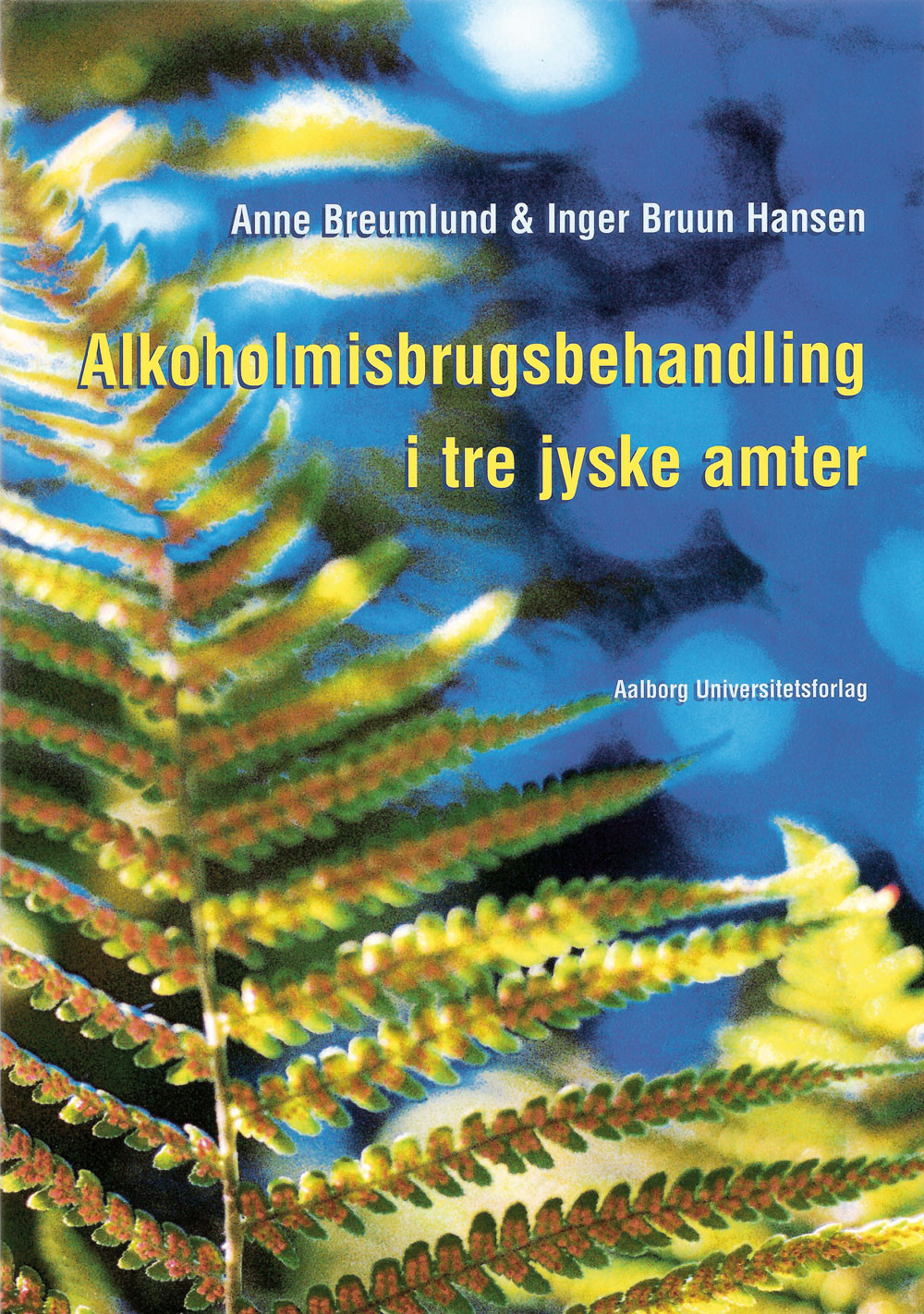
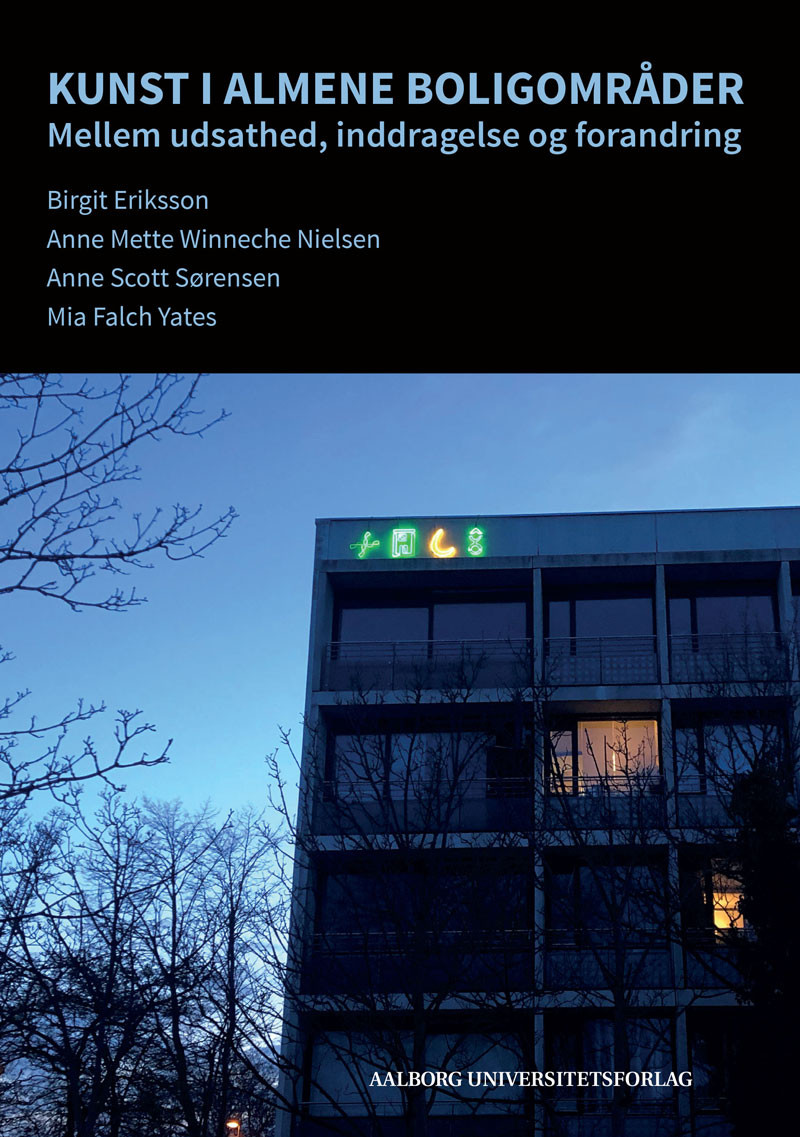
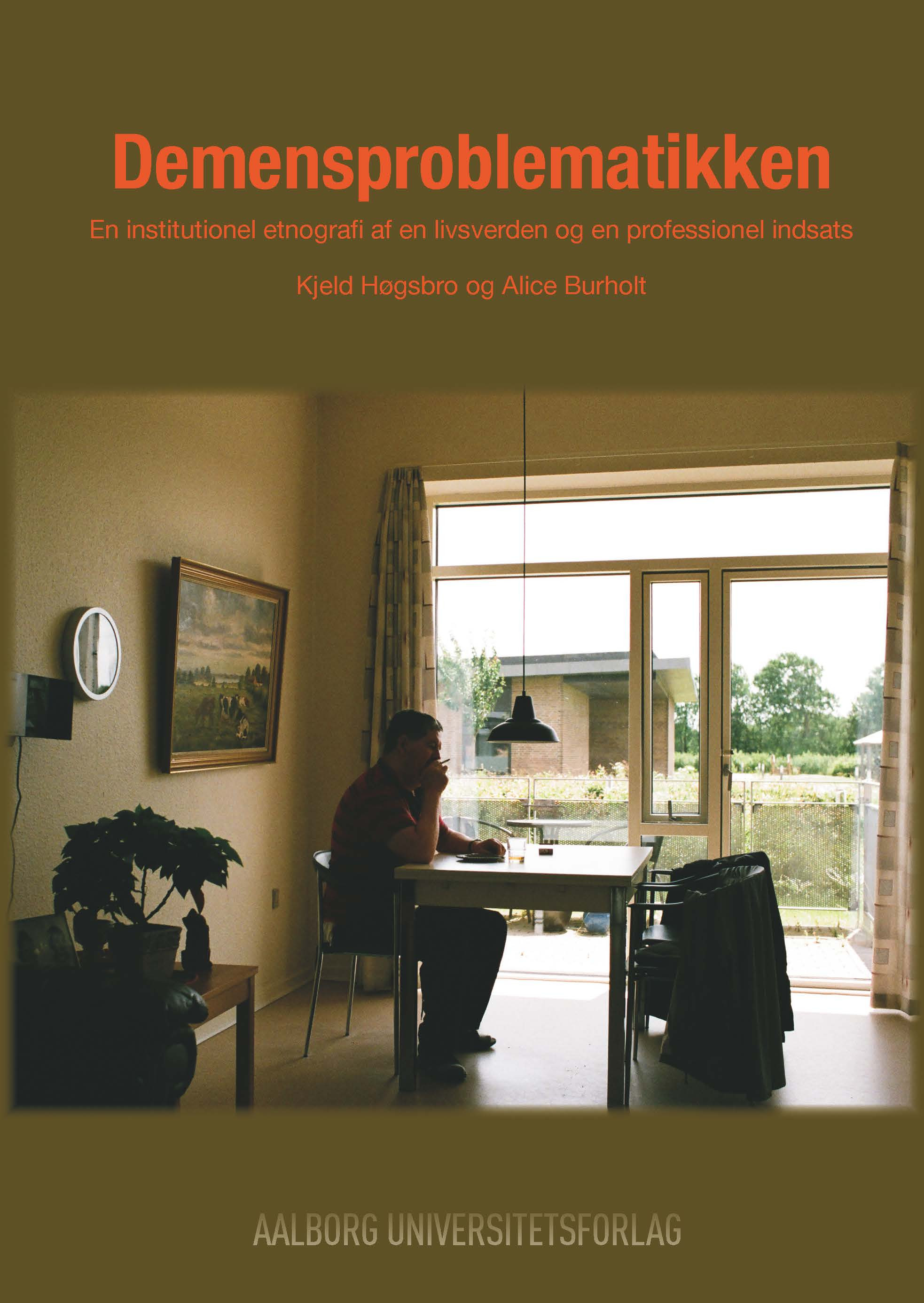
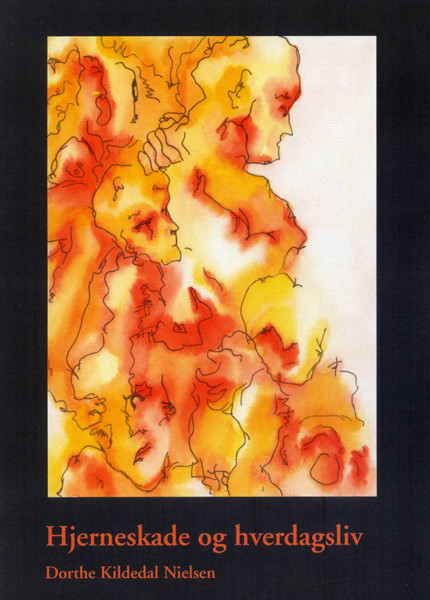

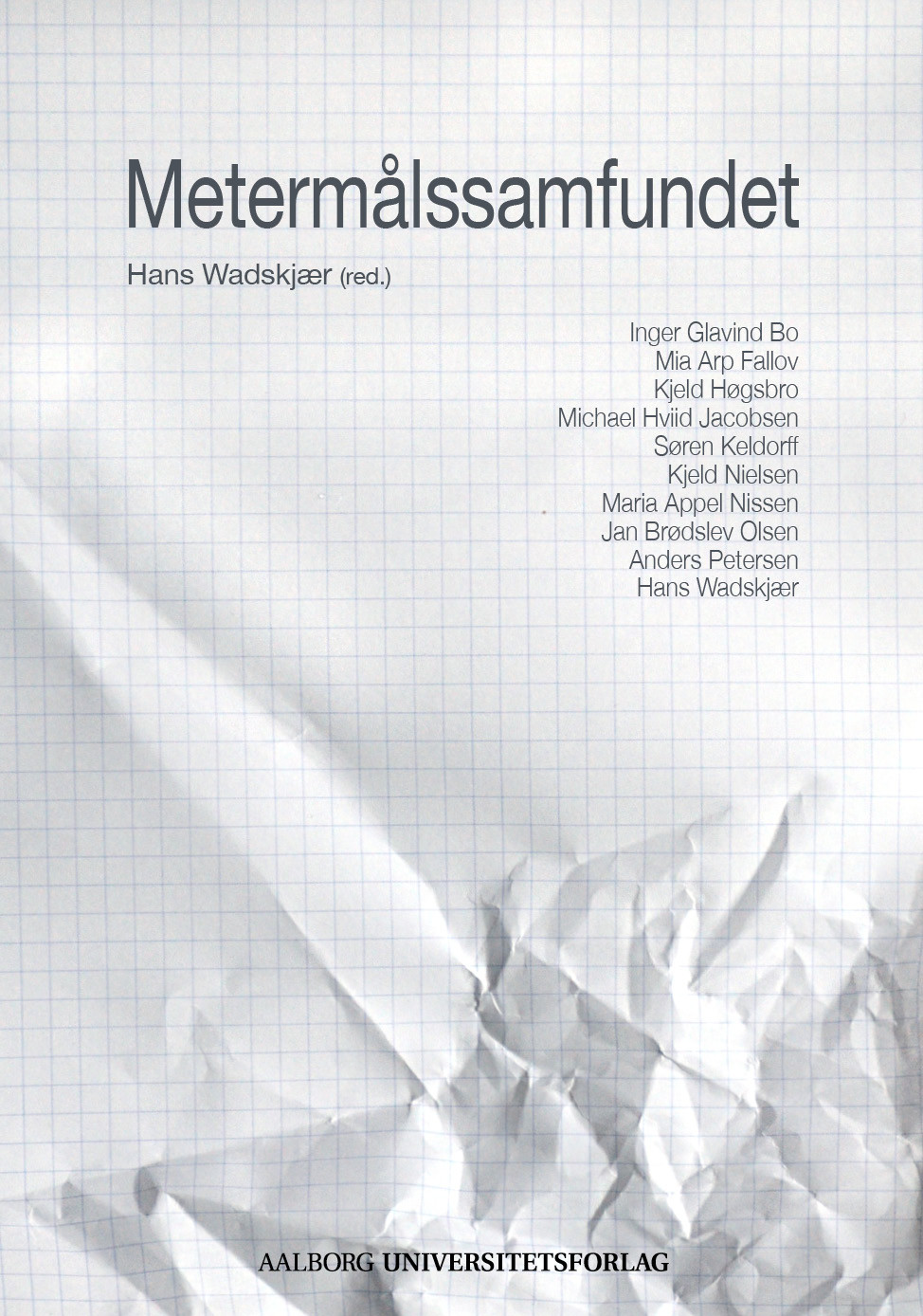


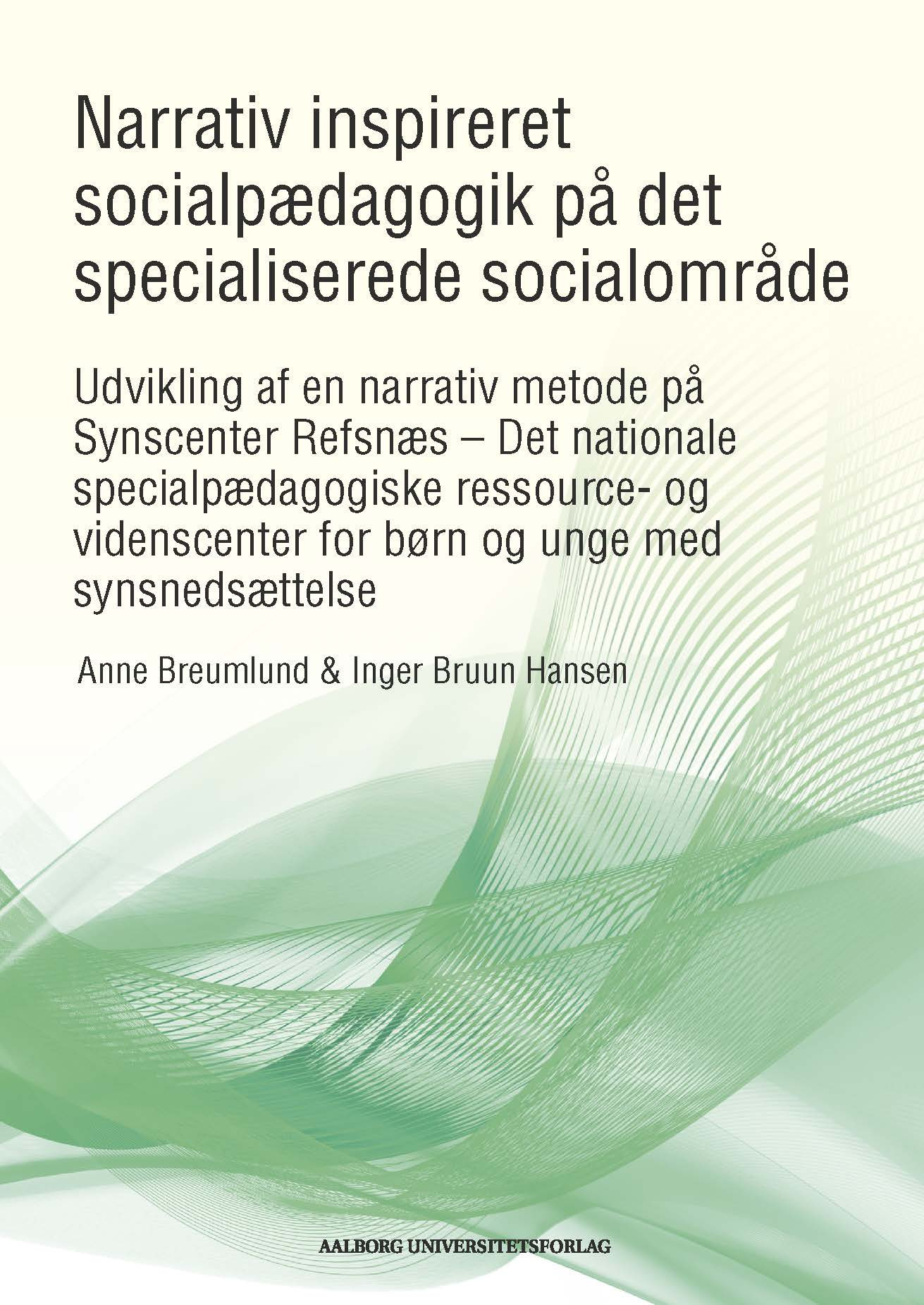


-public.jpg)
